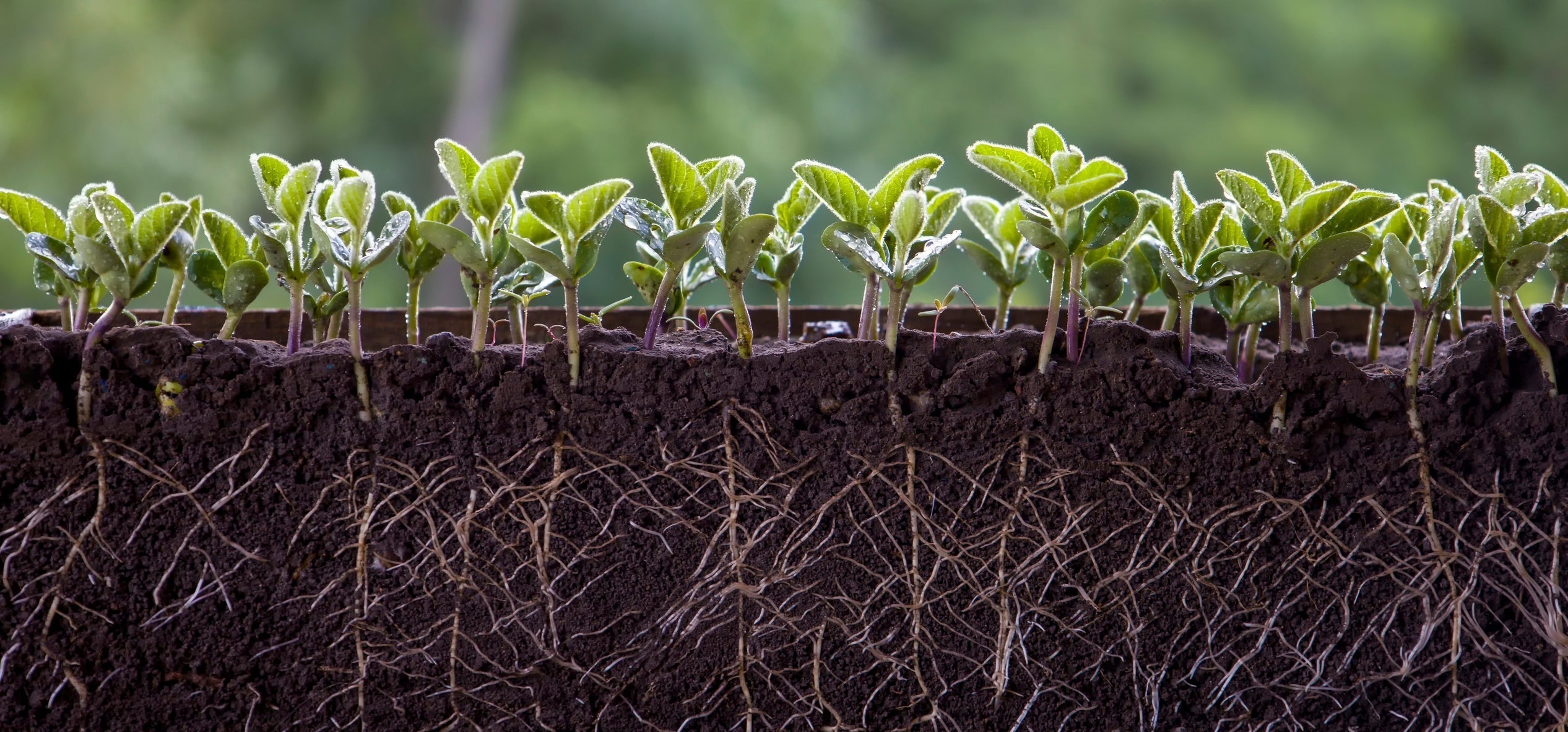A thriving garden starts with healthy soil, and the beginning of spring is the perfect time to lay the groundwork for a successful growing season. Soil provides essential nutrients, retains moisture, and supports plant roots, making it the foundation of any garden. Enhancing soil with compost, maintaining proper pH levels, and fertilizing at the right time will set your garden up for success. Investing in soil health now ensures stronger plants, better yields, and long-term garden sustainability.
Improving Soil with Compost
Adding compost to your garden soil not only provides essential nutrients but also improves soil structure. Organic matter increases the soil’s ability to retain moisture, enhances aeration, and supports beneficial microorganisms that break down organic material into valuable nutrients for your plants.
How to Add Compost:
- Mix a 1- to 2-inch layer into garden beds before planting.
- Use as a top dressing for perennials, shrubs, and trees to enrich the soil.
- Add to raised beds and container gardens for improved soil health.
- Continue applying compost throughout the season to maintain fertility.
Regularly incorporating compost into your soil reduces the need for chemical fertilizers and promotes a thriving ecosystem underground.
Understanding Soil pH
Different plants have different soil pH preferences, which affect how well they absorb nutrients. Most plants thrive in slightly acidic to neutral soils (6.0–7.0), but some, like azaleas and rhododendrons, require more acidic conditions (4.5–6.0). Testing your soil’s pH helps determine what amendments are needed to create the best growing environment.
Adjusting Soil pH:
- To raise pH (make soil less acidic): Apply garden lime in recommended amounts.
- To lower pH (make soil more acidic): Use sulfur, peat moss, or organic materials like pine needles.
- Retest soil after a few weeks to monitor changes and ensure balance.
Maintaining the proper pH ensures that plants can effectively access essential nutrients for optimal growth.
Fertilizing at the Right Time
Early spring is an ideal time to start fertilizing, as plants wake up from dormancy and begin active growth. Fertilizers provide essential nutrients such as nitrogen, phosphorus, and potassium, which support strong roots, lush foliage, and bountiful blooms.
Recommended Fertilizers:
- Al’s Slow Release 10-4-8 – A well-balanced option for steady nutrient release.
- Al’s All Organic 8-2-4 – A natural alternative that feeds plants while supporting soil health.
Fertilizing Tips:
- Follow package instructions to prevent over-application, which can harm plants.
- Water after fertilizing helps nutrients penetrate the soil.
- Use plant-specific fertilizers for acid-loving plants or vegetables as needed.
- Fertilize vegetable gardens before planting and again at key growth stages.
Healthy soil is the key to a flourishing garden. By enriching soil with compost, maintaining the right pH, and fertilizing strategically, you’ll create the ideal conditions for your plants to thrive. A little preparation now leads to strong roots, vibrant blooms, and bountiful harvests throughout the season. Happy gardening!

Leave a comment